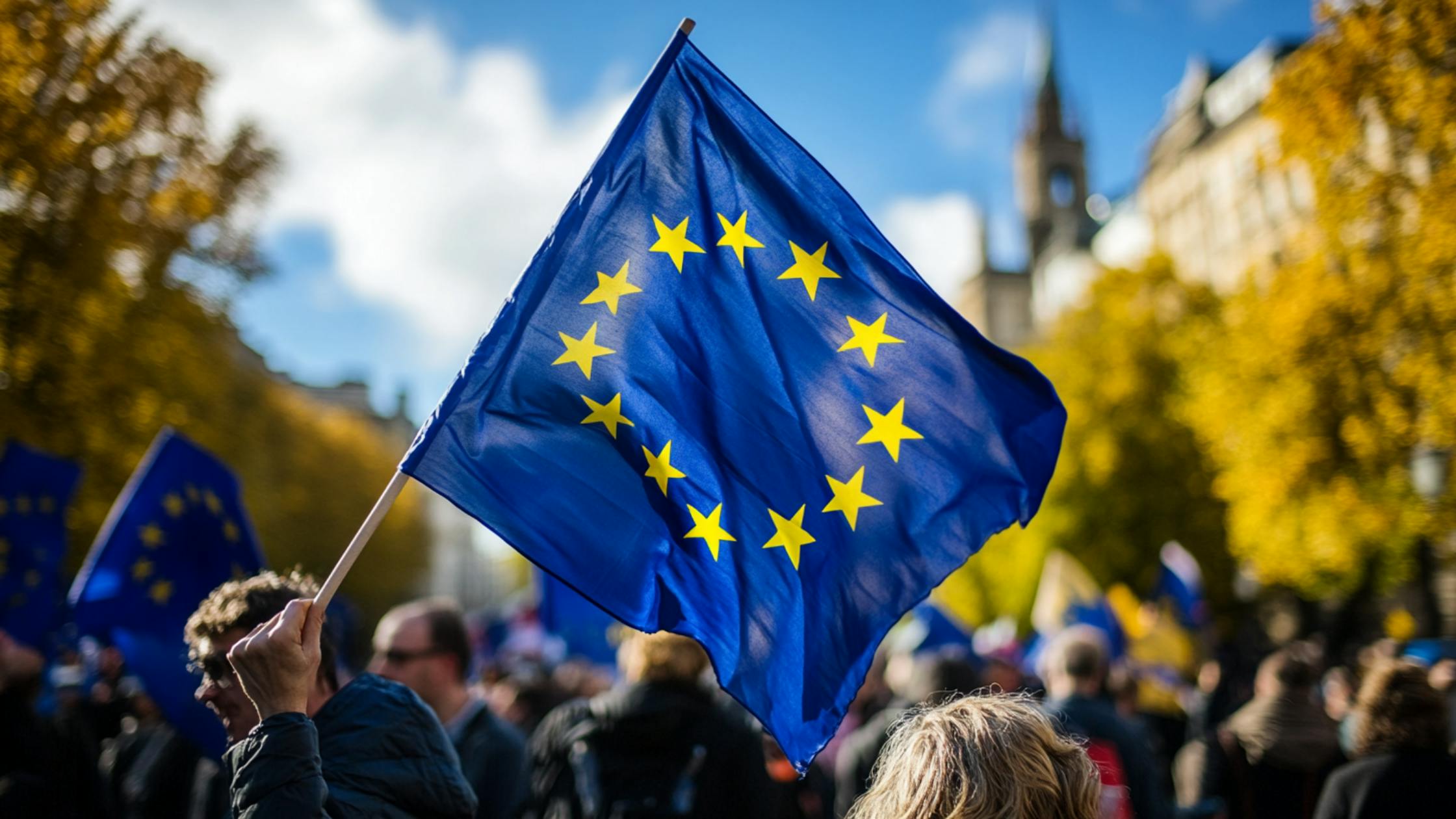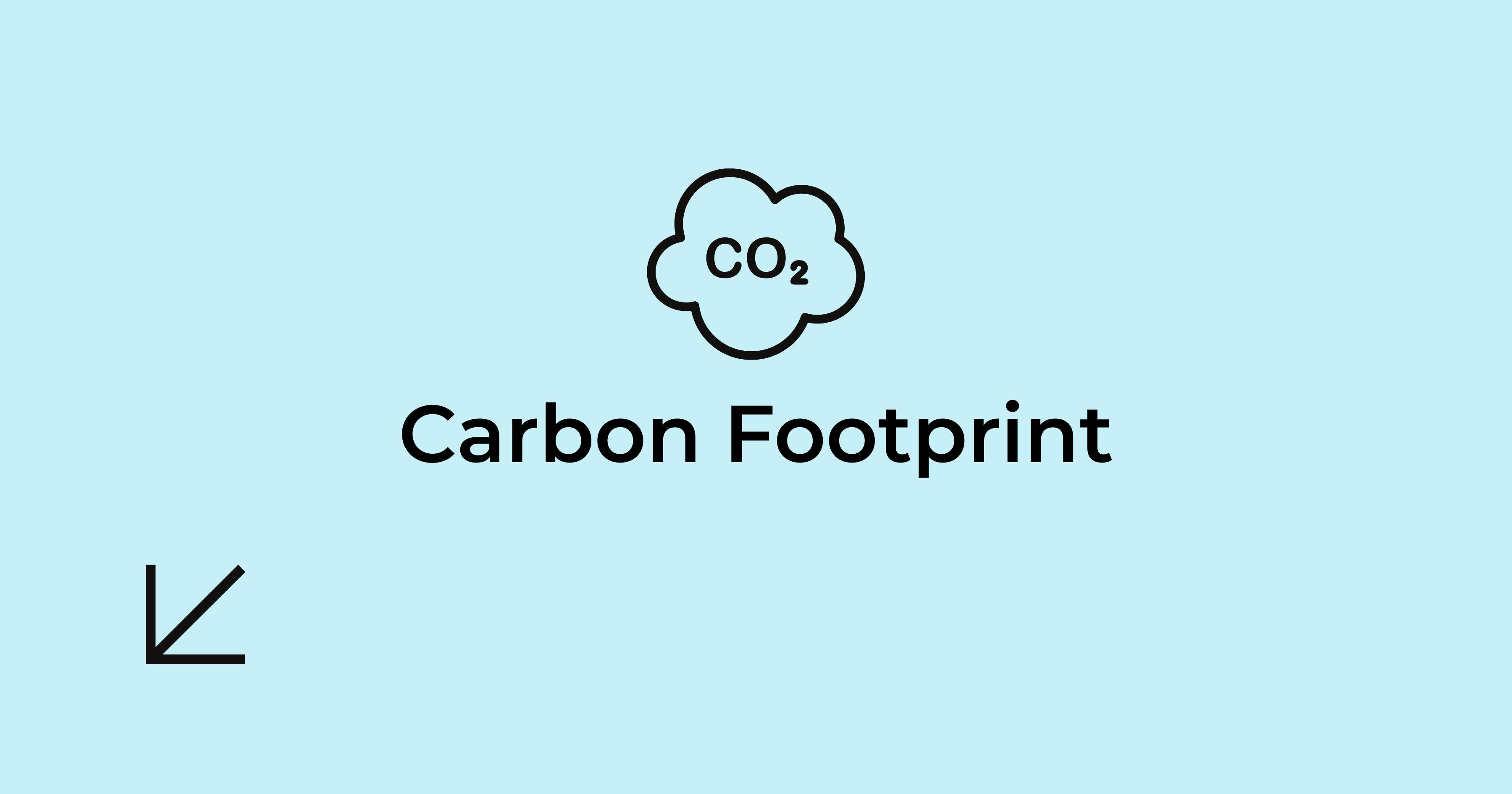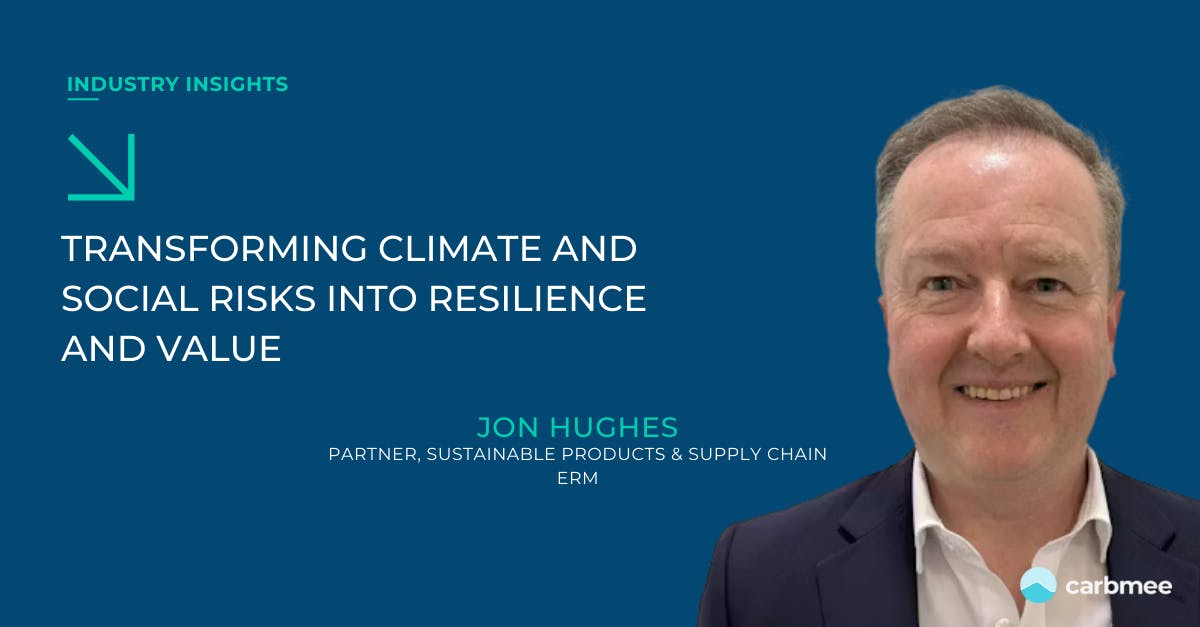Introduction to the EU Green Deal
The European Green Deal is the European Union's most comprehensive and ambitious climate strategy to date, with the goal of making Europe the first climate-neutral continent by 2050. Introduced in December 2019, the Green Deal lays out an extensive action plan that covers everything from cutting greenhouse gas emissions to fostering sustainable economic growth, promoting green technologies, and protecting biodiversity. The deal is also designed to align EU climate efforts with the goals of the Paris Agreement.
For businesses, this sweeping policy presents both challenges and opportunities. On one hand, companies need to make significant adjustments in energy usage, emissions reporting, and supply chain sustainability to meet the stringent Green Deal regulations. On the other hand, those that embrace these changes can benefit from government support, innovation incentives, and the growing demand for sustainable products and services.
Carbmee offers companies the tools they need to successfully navigate these changes. By leveraging Carbmee’s Emission Intelligence Solution (EIS), businesses can monitor, reduce, and report their emissions in alignment with the Green Deal’s targets, while also identifying areas for innovation and cost savings.
Key Objectives of the European Green Deal
- Reducing Greenhouse Gas Emissions:
The Green Deal sets a legally binding target to reduce EU emissions by at least 55% by 2030 compared to 1990 levels. This target is known as the “Fit for 55” package and involves tighter emissions limits for industries, renewable energy mandates, and financial penalties for exceeding emission allowances. - Promoting Clean Energy:
A cornerstone of the Green Deal is the transition to renewable energy. The EU aims to increase the share of renewable energy to at least 40% by 2030. This includes scaling up solar, wind, and hydrogen energy, while gradually phasing out coal and other fossil fuels. Companies that embrace clean energy technologies will be well-positioned to thrive in this new regulatory environment. - Circular Economy:
The Green Deal also promotes a circular economy, encouraging companies to focus on sustainable product design, reducing waste, and reusing materials wherever possible. Carbmee helps businesses optimize their supply chains to reduce carbon intensity, limit waste, and align with circular economy principles, driving both environmental and financial benefits. - Carbon Border Adjustment Mechanism (CBAM):
The Green Deal includes the CBAM, which places tariffs on imported goods based on their carbon content. This ensures that EU industries aren’t disadvantaged by carbon-intensive imports. For businesses importing into the EU, Carbmee offers solutions to help navigate CBAM requirements by tracking and reporting emissions data efficiently. Learn more about Carbmee’s CBAM tools. - Sustainable Agriculture (FLAG):
The Green Deal addresses land use and agriculture through the Forest, Land, and Agriculture (FLAG) initiative. It encourages sustainable farming practices, promotes biodiversity, and aims to reduce emissions from agriculture. Carbmee supports agricultural businesses with solutions to measure and manage emissions from land use and ensure compliance with FLAG standards. Explore FLAG compliance tools with Carbmee. - Biodiversity and Natural Capital:
Protecting and restoring ecosystems is another important pillar of the Green Deal. The EU has introduced policies to safeguard biodiversity and natural capital by expanding protected areas and improving forest management. Businesses involved in land management or forestry must align their operations with these goals to avoid penalties and gain regulatory approval.
The Role of Businesses in the Green Deal
Complying with the European Green Deal is not just about meeting regulatory standards—it’s about positioning your company as a leader in sustainability. Companies that adopt green technologies, reduce their emissions, and move toward carbon neutrality will gain a competitive edge in a market that increasingly values environmental responsibility.
To support businesses in this journey, Carbmee’s Emission Intelligence Solution allows companies to:
- Track emissions in real-time, ensuring they stay below EU-mandated limits.
- Optimize energy consumption by transitioning to cleaner energy sources.
- Analyze and reduce supply chain emissions, promoting sustainability across all operations.
The European Green Deal represents a transformative shift in how businesses across Europe operate, pushing companies toward sustainability and carbon neutrality. For businesses that adapt quickly, the Green Deal offers significant opportunities for innovation, cost reduction, and market leadership.
Carbmee provides the essential tools and insights to help companies thrive in this new landscape. By using Carbmee’s solutions, businesses can ensure compliance, reduce emissions, and contribute to a greener future. Learn more about how Carbmee can support your Green Deal compliance. Learn more about carbmee EIS™ Carbon Management Solution.
To gain a complete understanding of EU climate regulations and explore how your business can achieve compliance, visit our Comprehensive Guide to EU Climate Regulations.




